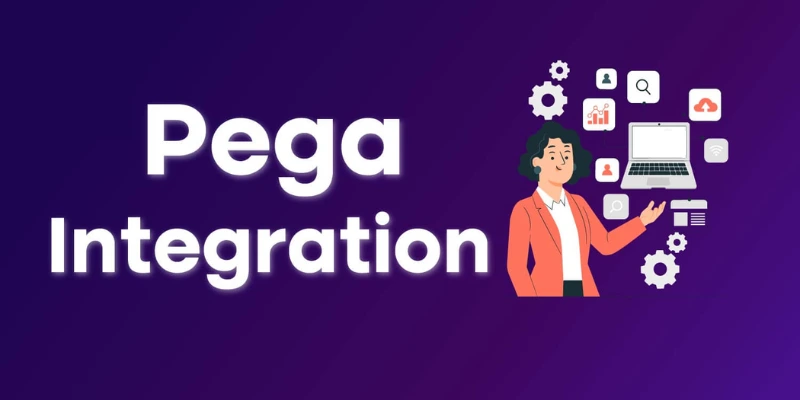Amazon Web Services (AWS) is the world’s most complete and widely used cloud, with over 200 fully featured services from data centres worldwide. Millions of clients, including the fastest-growing startups, largest corporations, and top government agencies, use AWS to reduce costs, improve agility, and accelerate innovation. Cloud Computing refers to the on-demand distribution of IT resources that helps the Internet with pay-as-you-go pricing. Rather than purchasing, operating, and maintaining physical data centres and servers, you can rent technological services like processing power, storage, and databases from a cloud provider like Amazon Web Services (AWS). Discover the fundamentals of AWS Cloud Computing by enrolling in the AWS Course in Pondicherry at FITA Academy, which offers insights and knowledge to enhance your skills. In this blog, we delve into Cloud Computing within the AWS ecosystem.
What is AWS?
AWS (Amazon Web Services) is Amazon’s broad and expanding Cloud Computing platform. It consists of Infrastructure as a Service (IaaS), Platform as a Service (PaaS), and packaged Software as a Service (SaaS) solutions. Amazon Web Services (AWS) is a subsidiary of Amazon that provides on-demand Cloud Computing platforms and APIs to individuals, businesses, and governments on a metered, pay-per-use basis. Clients sometimes combine this with autoscaling (a mechanism that allows a client to consume more computing in times of high application usage and subsequently scale down to decrease expenses when there is less traffic). To learn more about the AWS concept, join the AWS Training in Kochi, which provides an extensive learning experience in AWS.
Who is using Cloud Computing?
Organizations of all sizes and industries utilize the cloud for a wide range of purposes, including virtual desktops, data backup, disaster recovery, email, software development, testing, big data analytics, and customer-facing web applications. Healthcare companies, for example, are embracing the cloud to provide more individualized treatments for their patients. Financial services firms are leveraging the cloud to fuel real-time fraud detection and prevention. And video game developers are exploiting the cloud to deliver online games to millions of gamers all over the world.
Types of Cloud Computing in AWS
Infrastructure as a Service
Infrastructure as a Service, or IaaS, comprises the fundamental building blocks of cloud IT and often provides access to networking capabilities, computers (virtual or on dedicated hardware), and data storage capacity. Infrastructure as a Service gives you the most flexibility and administrative control over your IT resources, and it is most similar to existing IT resources that many IT departments and developers are already familiar with. You can also explore opportunities in the AWS field by joining the AWS Course in Coimbatore, providing hands-on experience.
Software as a Service
Software as a Service offers you a finished solution run and managed by the service provider. Most people use the term “Software as a Service” to refer to end-user applications. An important example of a SaaS application is web-based email, which allows you to send and receive emails without managing feature updates to the email product or maintaining the servers and operating systems on which the email program runs.
Platform as a Service
Platforms as a service eliminate the need for enterprises to handle the underlying Infrastructure (typically hardware and operating systems), allowing them to focus on application deployment and administration. This makes you more efficient because you can handle resource acquisition, capacity planning, software maintenance, patching, or any other undifferentiated heavy lifting required to run your application.
In the above blog, we discuss Cloud Computing in AWS and Types of Cloud Computing, and from that, we learned skills about AWS. Upgrade your skills through the AWS Training in Trivandrum to be proficient in AWS.
Also Read: AWS Interview Questions and Answers


